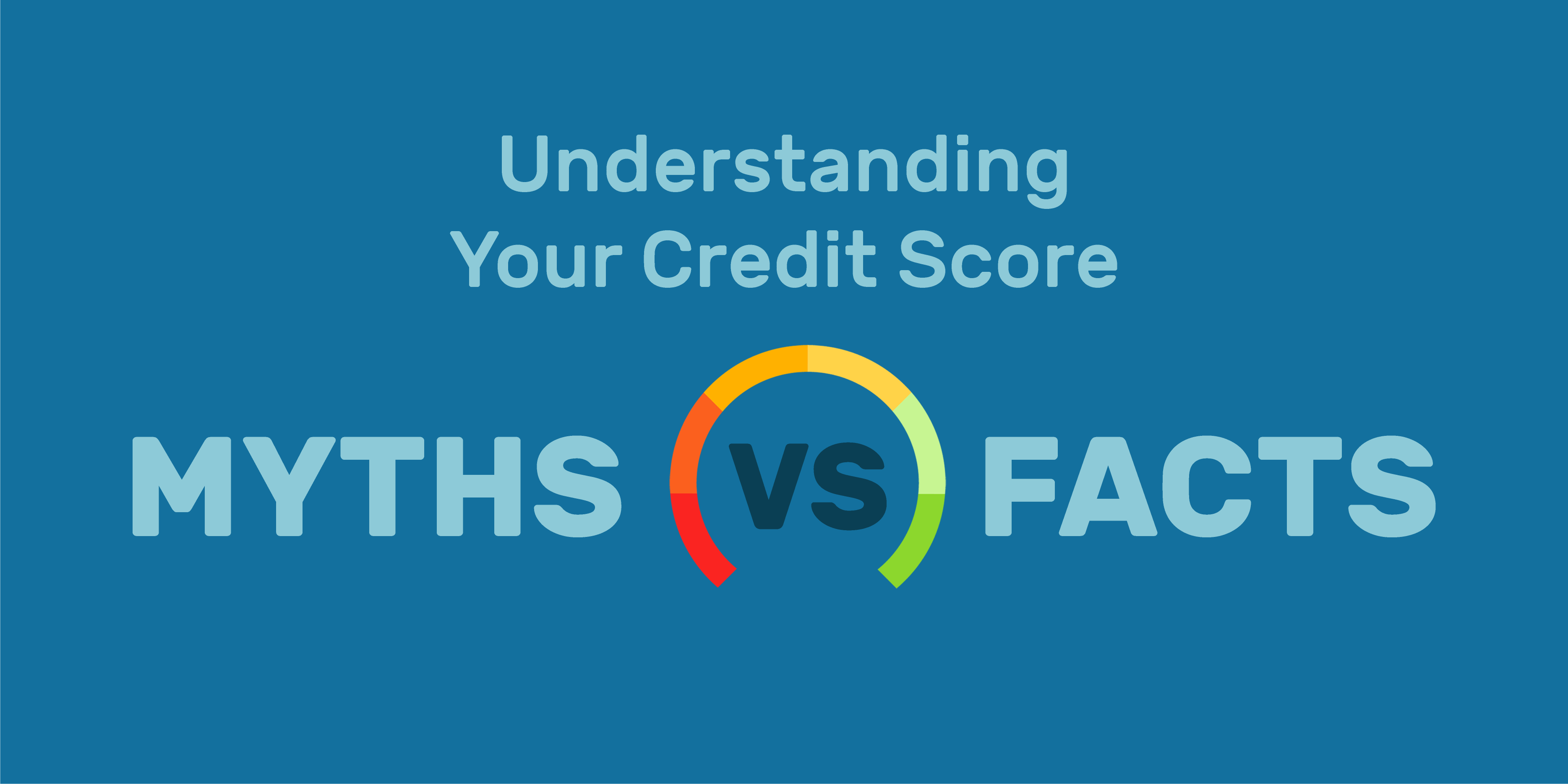Mortgage Myths VS Facts: Credit Scores
Myth: You Need a Perfect Credit Score for a Mortgage. Fact: Exploring Mortgage Options for Various Credit Scores
When it comes to buying a home, one of the biggest myths that often circulates is the belief that you need a perfect credit score to secure a mortgage. While having an excellent credit score can certainly open doors and lead to more favorable terms, the reality is that there are mortgage options available for individuals with a range of credit scores. In this blog, we’ll debunk the myth that a perfect credit score is an absolute necessity for getting a mortgage and explore the various mortgage options that cater to different credit profiles.
Understanding Credit Scores: Before we delve into the mortgage options available for various credit scores, let’s start by understanding what credit scores are and how they impact your mortgage application.
Credit scores are numerical representations of your creditworthiness. They are typically calculated based on your credit history, payment history, outstanding debts, and various other financial factors. The most commonly used credit scoring model is the FICO score, which ranges from 300 to 850. Here’s a breakdown of credit score ranges:
- Excellent: 800-850
- Very Good: 740-799
- Good: 670-739
- Fair: 580-669
- Poor: 300-579
Now, let’s explore the mortgage options available for individuals across different credit score ranges.
Mortgage Options for Excellent Credit Scores: If you have an excellent credit score, you’re in a favorable position. Lenders view you as a low-risk borrower, and you’re likely to qualify for the best interest rates and terms. Some mortgage options for those with excellent credit include:
- Conventional Loans: These loans typically offer the lowest interest rates and require a down payment of as little as 3% for qualified borrowers.
- Jumbo Loans: If you’re looking to buy a high-value home, jumbo loans are available with competitive rates for borrowers with excellent credit.
- Mortgage Refinancing: Excellent credit can also make you eligible for attractive refinancing options to lower your monthly mortgage payments.
Mortgage Options for Good to Fair Credit Scores: Even if your credit score falls in the good to fair range, you can still find mortgage options. While you may not qualify for the lowest interest rates, there are programs designed to accommodate your credit profile:
- FHA Loans: The Federal Housing Administration (FHA) offers loans with lower credit score requirements, making homeownership more accessible for those with good or fair credit.
- VA Loans: If you’re a veteran or active-duty military member, VA loans often have more lenient credit score requirements.
- USDA Loans: These loans are designed for rural and suburban homebuyers and have flexible credit score guidelines.
Mortgage Options for Poor Credit Scores: Even if your credit score is on the lower end of the spectrum, you’re not necessarily excluded from homeownership:
- FHA 203(k) Loans: These loans are ideal for homebuyers looking to purchase a fixer-upper. They consider your ability to repay rather than focusing solely on credit scores.
- Subprime Mortgages: While these should be approached with caution due to higher interest rates, some lenders offer subprime mortgages for individuals with poor credit.
- Rent-to-Own Programs: Some programs allow you to rent a home with the option to buy it later, providing an opportunity to improve your credit while living in your future home.
The myth that you need a perfect credit score for a mortgage is just that—a myth. While excellent credit can certainly provide you with more favorable terms and options, there are mortgage programs available for individuals with various credit profiles. The key is to explore your options, work on improving your credit if needed, and consult with mortgage professionals who can guide you toward the right choice based on your unique circumstances. Remember, homeownership is attainable for many, regardless of their credit score.


